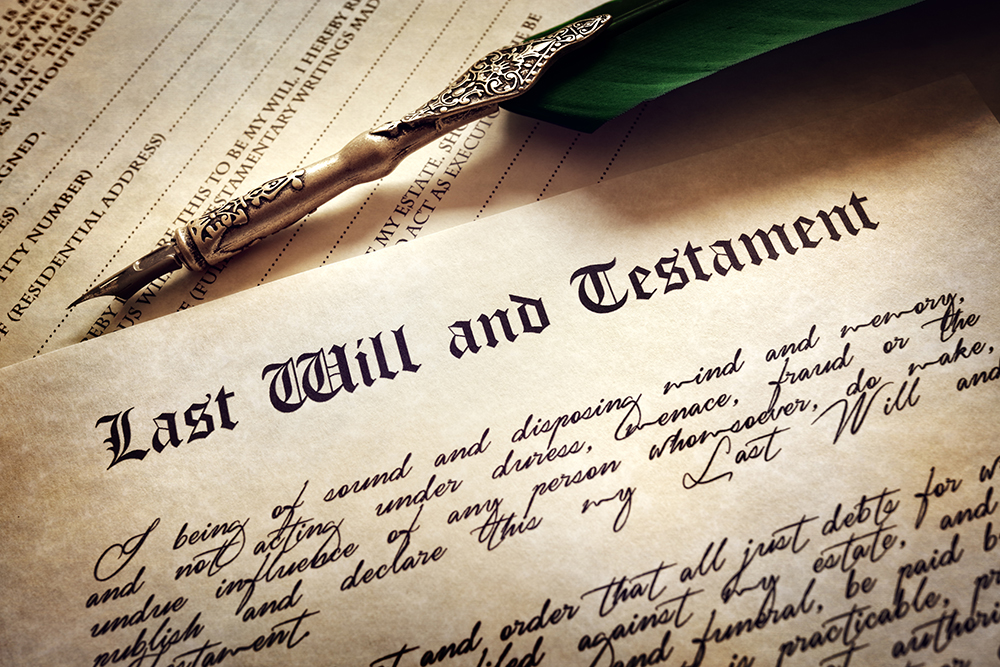As humans, we are never certain of the future and what it holds. This uncertainty highlights the importance of having a clear understanding of our assets and how they will be distributed after our demise. Therefore, documenting the intended distribution of assets through a legal document, commonly referred to as a will or testament, becomes essential.
A will or testament is a legal document that outlines your last wishes and describes how your possessions and assets will be distributed after your death. Without a will, your family and beneficiaries may be left in a difficult situation where they may not be able to access your assets. Therefore, it is crucial to have a will to ensure that your affairs are in order and your wishes are honored after your death.
One of the critical benefits of having a will is that it enables you to put your affairs in order. It allows you to review your assets and identify what should be distributed to your loved ones. You can identify the beneficiaries and the percentage of your assets to be allocated to each of them. This process ensures that there will be no misunderstandings or disputes among family members, as what you have written in your will is legally binding.
Additionally, having a will allows you to choose a guardian for your children. If you have minor children, it is crucial to ensure that there is a plan outlining how their lives will be handled in your absence. You can choose someone who will take care of them in your absence and ensure that their lifestyle and education are not affected.
A will also enables you to minimize potential taxes and other losses before your assets are passed onto your loved ones. By having a will, you can plan ahead, make the necessary arrangements and adjustments, and ensure that your inheritance is managed accordingly.
Having a will is also essential for business owners, as it ensures that your business continues to operate even after your death. In the absence of a will, the company’s operations may be disrupted, resulting in loss of revenue and ultimately business failure. However, with a will, you can identify the person or entity that will be responsible for continuing the business.
In conclusion, having a will or testament is an essential, responsible, and empowering step that ensures your intentions and wishes are honored after your death. With a will, you can safeguard the rights of your beneficiaries, ensure that your minor children are cared for, and protect your assets. It’s a simple step that can make all the difference, and it’s never too soon to begin planning for the future.



